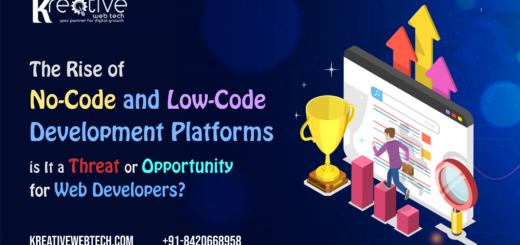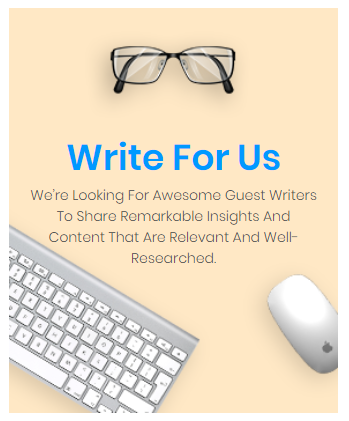AI-Powered SEO: The Silent Game-Changer in Digital Strategy
Welcome to the era of AI-powered SEO, where machines learn, adapt, and optimize digital content more efficiently than ever. For digital marketers, this is not just an evolution; it’s a revolution.
In a world where Google’s algorithms evolve faster than we can blink, staying on top of SEO feels like chasing a moving train. But what if artificial intelligence (AI) is not just another tech buzzword but the fuel that powers the train?
The Shift from Keywords to Intent
Once upon a time, stuffing the right keywords in the right places could land you on the first page of Google. Today? Not so much.
Search engines like Google now prioritize search intent—the “why” behind the query. AI plays a crucial role here. Tools powered by machine learning can now interpret nuanced user behavior and align content with user intent more accurately.
How this changes digital marketing:
- Marketers no longer optimize solely for exact-match keywords.
- Content is structured around topic clusters and semantic relevance.
- AI tools like Clearscope, SurferSEO, and MarketMuse analyze top-performing content and recommend optimizations that speak to intent, not just words.
Smarter Content Creation and Optimization
AI doesn’t just analyze content—it can write it too.
With tools like ChatGPT, Jasper, and Writesonic, marketers can now generate blog posts, meta descriptions, product copy, and even ad campaigns in minutes. But it’s not just about speed—AI improves content quality by:
- Suggesting relevant keywords based on real-time trends.
- Optimizing sentence structure for better readability.
- Predicting what content is most likely to rank.
Pro tip: AI-generated content should still be reviewed and refined by humans to ensure brand voice, authenticity, and originality.
Real-Time SEO Audits and Suggestions
Gone are the days of running monthly or quarterly SEO audits. AI-powered platforms like Ahrefs, Semrush, and Screaming Frog now offer real-time SEO diagnostics.
These tools:
- Crawl your website regularly.
- Detect technical SEO issues (broken links, duplicate content, poor page speed).
- Provide instant recommendations for fixes.
- Track SERP volatility and ranking fluctuations.
Impact on marketers:
You don’t need to wait for a manual report. AI tools notify you instantly, saving time and helping you act before rankings drop.
Predictive Analytics for Smarter Campaigns Powered by AI
AI thrives on data—and digital marketing is full of it.
AI-driven platforms can now predict how your content will perform based on previous performance metrics, user behavior, CTRs, bounce rates, and more.
Imagine this scenario:
You’re launching a new product page. Before it even goes live, AI predicts:
- Its expected ranking position
- Which keywords will drive traffic
- The ideal time for publishing
- Whether adding a video will increase engagement
This level of forecasting empowers marketers to create smarter, data-backed strategies before a single click happens.
AI-Powered Personalization at Scale
Modern consumers expect hyper-personalized experiences. AI makes this possible without creating custom content for every user manually.
Here’s how:
- AI analyzes user behavior, demographics, location, and search history.
- It dynamically adjusts page content, CTAs, and product suggestions in real time.
- Platforms like Adobe Target or Dynamic Yield use AI to serve unique content experiences to different audience segments.
SEO meets personalization:
Imagine your homepage content adapting based on whether a visitor came from Google, Instagram, or an email campaign. That’s the AI edge.
AI-Powered Voice Search and Conversational Queries
“Hey Google, find me a good web design company in Kolkata.”
Voice search has exploded, thanks to virtual assistants like Alexa, Siri, and Google Assistant. AI-powered SEO takes this shift into account by:
- Focusing on long-tail conversational keywords
- Optimizing content for natural language queries
- Structuring content using FAQs and featured snippet formatting
How digital marketers benefit:
By aligning content with how people talk—not just how they type—marketers tap into a whole new stream of organic traffic.
AI-Powered Visual Search Optimization
Tools like Google Lens and Pinterest Lens are changing how users search.
Now, a photo of a product or landmark can trigger a search without a single word. AI interprets the image, identifies objects, and suggests related content.
To ride this wave, digital marketers need to:
- Use structured data (schema markup) to help AI understand visual content.
- Optimize image alt tags, file names, and descriptions.
- Embrace visual-first content strategies—especially for eCommerce, fashion, and travel industries.
Local SEO Enhanced by AI-Powered SEO
For local businesses, visibility is everything. AI tools help optimize for local SEO in ways that go beyond basic map listings.
What AI-powered local SEO does:
- Analyzes competitor citations and reviews.
- Identifies gaps in your local presence.
- Recommends location-specific keywords.
- Monitors and responds to reviews using sentiment analysis.
For example: If a café in Kolkata is trending due to a viral reel, AI tools will detect the surge and suggest ways for other local cafés to ride that momentum.
AI-Powered Automated Reporting and Insights
Manual data crunching is tedious and error-prone. AI solves that.
Marketers can now use AI to:
- Auto-generate SEO performance reports.
- Extract actionable insights.
- Visualize keyword performance, user journeys, and ROI trends.
Platforms like Google Analytics 4 (GA4) integrate AI to provide predictive metrics like expected churn rate or purchase probability, allowing for faster, smarter decision-making.
The Rise of Conversational AI and Chatbots
AI isn’t just optimizing content—it’s engaging users too.
Chatbots powered by natural language processing (NLP) now:
- Answer product queries instantly.
- Guide users through the funnel.
- Increase dwell time and reduce bounce rates—both important SEO signals.
Example: If someone visits your pricing page and stays longer because the chatbot answers their concerns, it tells Google your content is useful.
Challenges and Considerations
While AI-powered SEO brings immense advantages, it’s not without its challenges:
- Over-automation can dilute brand personality: Human creativity and tone are still vital.
- AI is only as good as the data it’s trained on. Biased or outdated data can skew results.
- Compliance and transparency: Especially with Google’s emphasis on E-E-A-T (Experience, Expertise, Authoritativeness, Trustworthiness), human oversight is key.
Final Thoughts: AI is the Assistant, Not the Hero
The future of SEO isn’t human vs. AI—it’s human + AI.
AI doesn’t replace strategy. It enhances it.
It streamlines workflows, uncovers opportunities, and gives marketers superpowers—when used wisely. The brands that win in the coming decade will be those that blend AI’s intelligence with human creativity, empathy, and intuition.
As digital marketing continues to evolve, AI-powered SEO is no longer optional—it’s essential.So, whether you’re a solopreneur, a startup in Kolkata, or a global brand—embracing AI in SEO is the smartest move you can make today.





